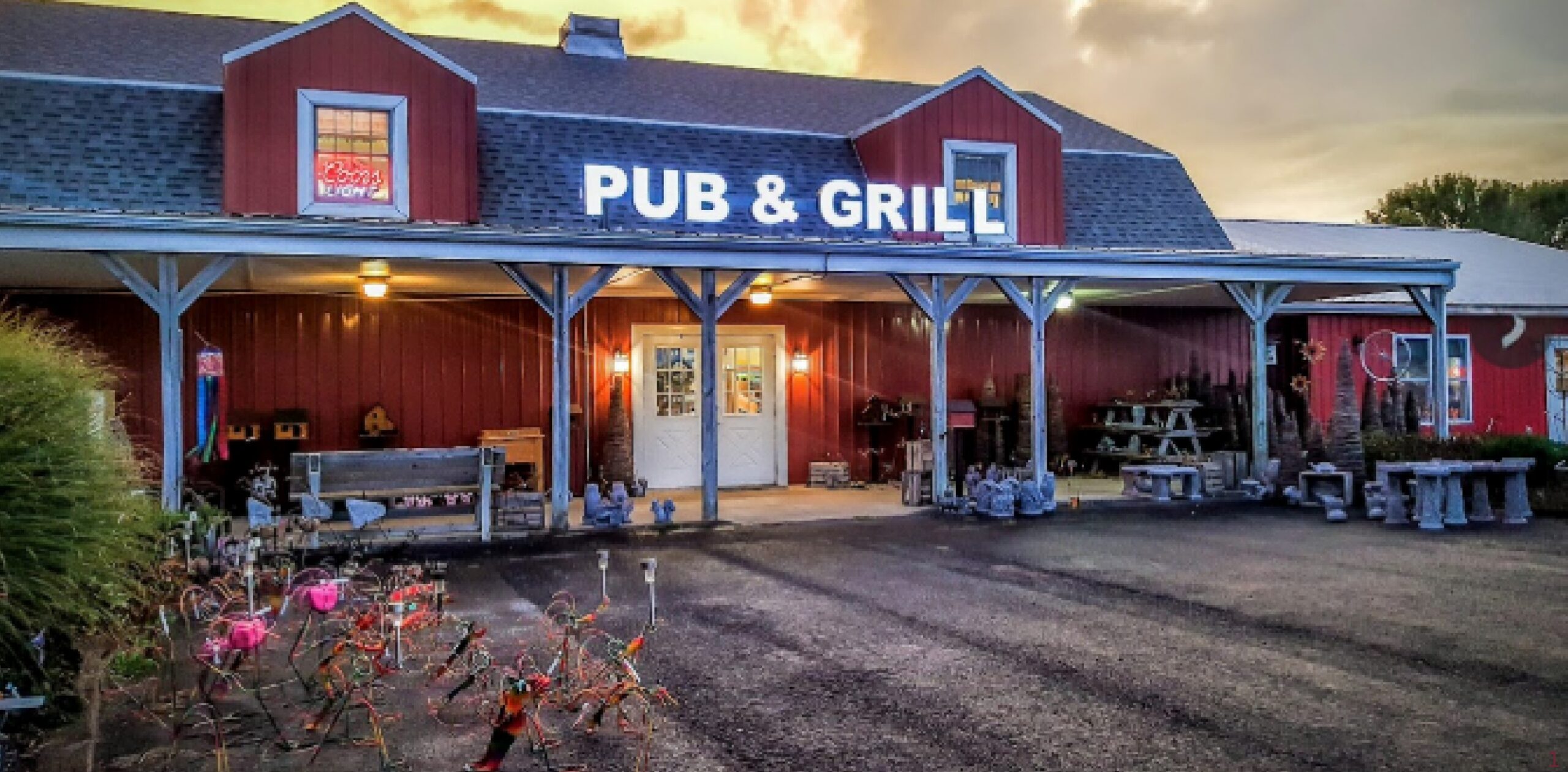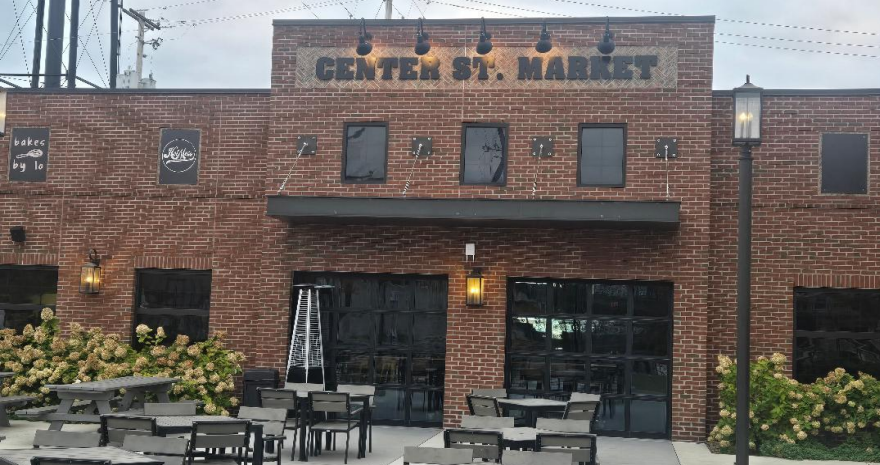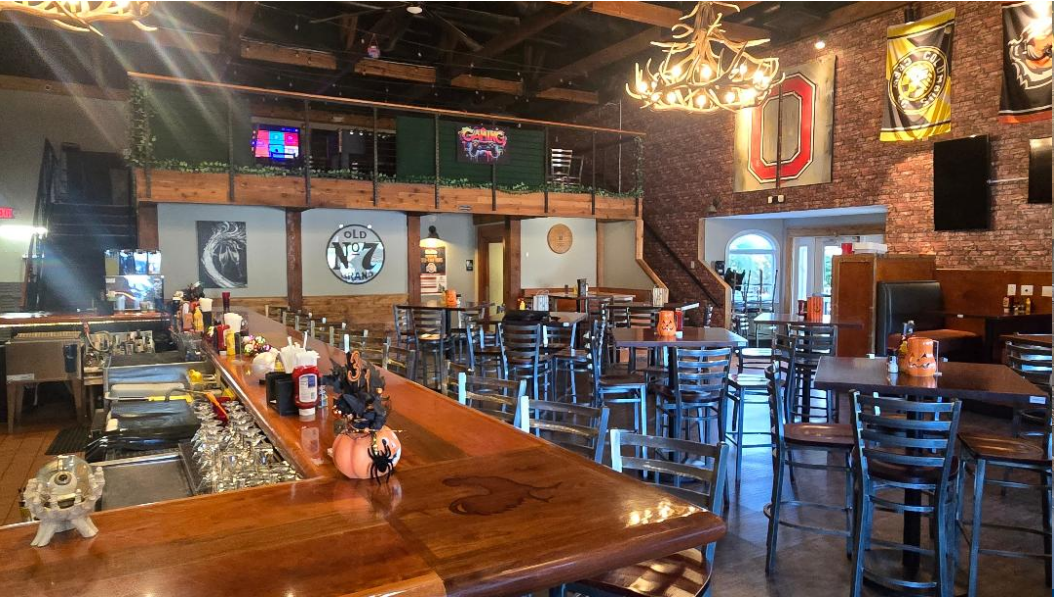If you own or plan on owning a bar, gas station, or other kinds of place that sells alcohol, you must own a liquor license—some states refer to them as liquor permits. Selling alcohol without the required licenses or permits could end in bankruptcy or even jail time. You could lose your business, your livelihood, or your freedom. States take the sale and consumption of alcohol seriously. To ensure public safety, they mandate following certain steps to ensure that you’re responsible and will comply with their laws and statutes.
Requirements to Hold a License
If you’re wondering how to get a liquor license, you should start with the basics. Many states allow for a certain amount of licenses at any given time. In Ohio, the number of licenses available depend on the population of the area where you own—or would like to own—a business serving alcohol. You’ll find times in which no licenses are available. Since they’re renewed annually, however, it’s possible that some place will shut their doors or others will lose their licenses for one reason or the other.
Before applying for a license, you must prove that you—and any potential partners—are an American citizen. If you, or any partners, have been convicted of a felony, you’re automatically disqualified. Ohio also requires you to own, or at least lease, a building. After you apply for a license, your property must undergo an inspection to ensure the facilities are up to code. Failing the inspection could disqualify you from acquiring the permit.
Types of Liquor Licenses
Ohio doesn’t offer a single license. Their licenses—permits, as they’re called in Ohio—vary depending on the kind of establishment you own and the kind of alcohol you intend to sell. Knowing how to get a liquor permit requires understanding the various kinds of permits offered.
You should first be aware that not all counties in the United States allow the sale or consumption of alcohol. Some counties forbid it. In these areas, called dry counties or dry zones, the sale of alcohol of strictly prohibited. If you’re in the early stages of planning your business, be certain to investigate whether or not your county allows the sale of alcohol.
- D1 – The D1 permit allows restaurant or nightclub to only sell beer. This permit also regulates where your customers are allowed to consume the beer: either on the premises or they’re allowed to buy beer for the purpose of taking it home. To sell beer meant for carry out, you must ensure that it’s sealed in its original container, such as an unopened beer bottle. Currently, Ohio allows D1 permit holders to sell beer for carry out until 1 am.
- D2 – This permit allows restaurants and nightclubs to sell wine and mixed beverages. Like the D1 permit, D2 limits the consumption on-site or for carry out. Also, like D1, the beverages must be sealed in their original containers.
- D3 – D3 permit holders must own either a restaurant or a nightclub. This permit allows for the sale of “spirituous liquor” only for on-site consumption and only until 1 am. “Spirituous liquor” is a tricky term. It basically refers to any alcohol that’s inflammable and distilled. Under this definition, wine doesn’t qualify as “spirituous liquor.
- D4 – This permit is designated for clubs only. It allows for the sale of beer or other hard liquors, anything capable of producing intoxicating effects. Only members of the club are allowed to purchase alcohol under this permit and they must consume it on-site until 1 am.
- D6 – The D6 permit allows for the sale of liquor on Sundays. Permit holders can only sell liquor between the hours of 10 am—or 11 am, depending on the county—and midnight. To sell liquor in the state of Ohio on Sunday, you must possess a permit.
How to Get a Liquor License in OH
Learning how to get a liquor permit in Ohio requires research or expertise. You can hire experts who specialize in acquiring permits or you can attempt all the legwork yourself.
If you meet the requirements mentioned above, and you’ve settled on the kind of business you want and the permit you’ll need, you must apply for a license with the state of Ohio. You can find the application online or you can pick up a copy at the local courthouse. As with all legal applications, you must fully and honestly fill it out. Leaving any holes or creating ambiguities or outright lies could come back to haunt you.
Ohio controls and distributes liquor permits on both the state and local level.
Your paperwork is filed with the state and your local government. After an extensive background check and property inspections, a local board will determine whether or not to grant your business a permit. This process can take from several weeks to several months—or longer, depending on the availability of permits.
As with anything in a capitalist system, supply and demand can affect the prices of liquor licenses, especially if you’re attempting to buy it on the open market. This is an often overlooked aspect: Ohio allows for the purchase of liquor licenses on the open market—for example, someone’s closing their business—although it regulates the sale. You’ll still need to meet the requirements above in order to obtain a license, even if you purchase it from a private citizen.
If permits in your area have reached their quota, then you should expect to pay a premium for it. In this case, you might expect to pay a rate exponentially higher than if you were purchasing it from the state. Keep in mind that buying permits on the open market entails nuances we haven’t covered here. If you do choose to buy on the open market, it’s in your best interest to hire an attorney. Their expertise could prove invaluable, saving you time, money, and anxiety.
Don’t fret if you’re wondering how to get a liquor license on the open market without knowing anyone selling a permit.
License owners are entered into the public records. You can access these records at the local Department of Commerce to identify all current permits holders. With this knowledge, you could ask owners if they’re willing to sell their permits—or hire an attorney to make an offer on your behalf. Again, if the quota has been met, expect to spend a good deal of money if you go this route.



